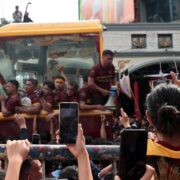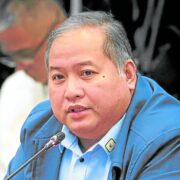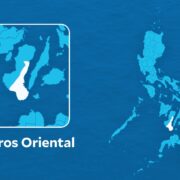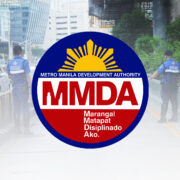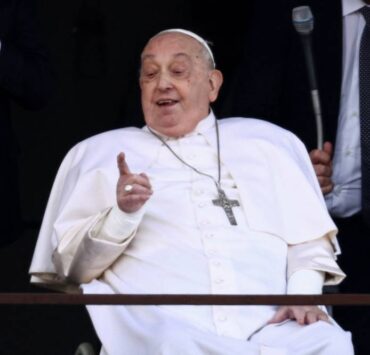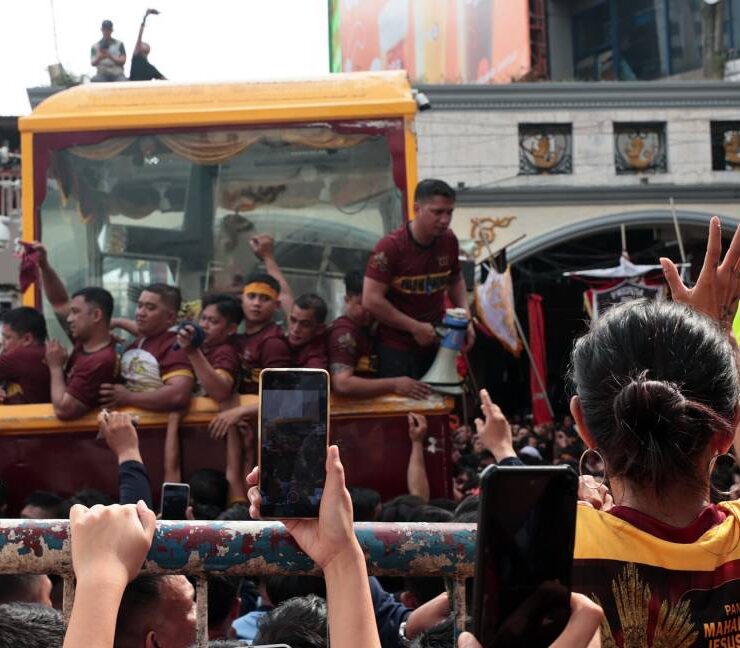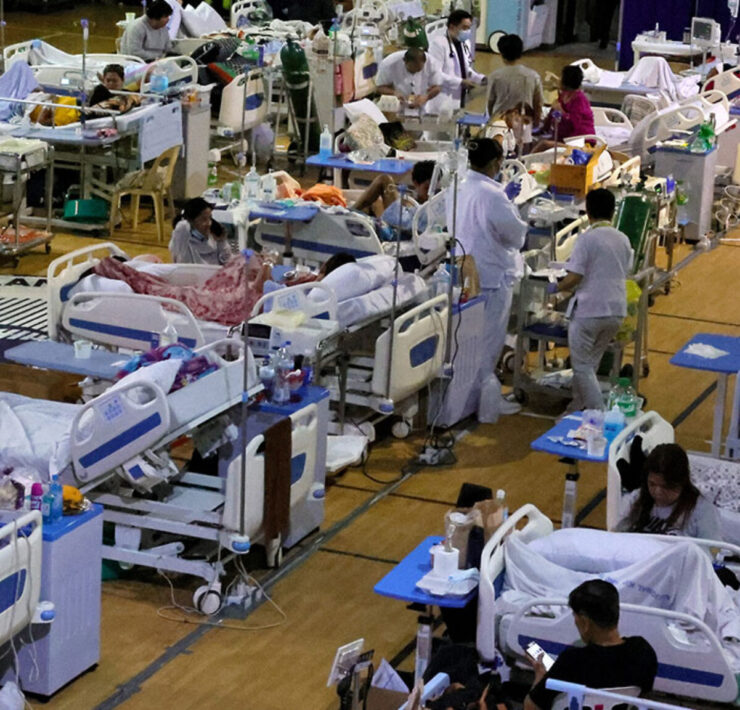Comelec keeps eye on ‘ayuda’ activities: No pols, kin, staff
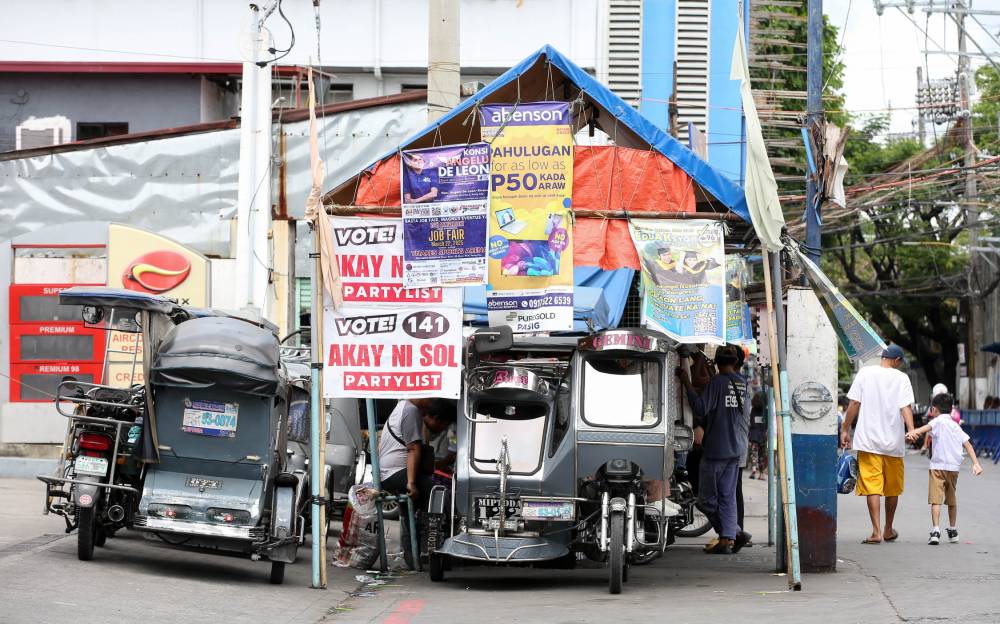
The official campaign period for local candidates in the May 12 elections starts today, with the Commission on Elections (Comelec) particularly warning them, their families and their deputies to stay away from the venues of government aid distribution activities.
Comelec Chair George Garcia on Thursday also reminded them to strictly comply with the regulations on campaign posters, speeches, broadcast ads and expenditures.
“We’re waiting very much for [this period] because of course we can already invoke the jurisdiction of the Comelec and we can already enforce our election laws sufficiently. To all candidates, remember to always obey the orders of Comelec, don’t be stubborn,” Garcia said in an interview.
“As we’ve been telling everyone: Don’t ever test the will of this commission, don’t ever test our patience. We will do everything that is necessary to ensure that the people’s voice is heard,” he added.
Garcia said the poll body will be strict in monitoring the distribution of government financial assistance during the campaign period, to see if the activity is “legitimate” or already a form of vote-buying.
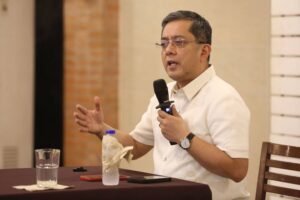
Candidates, their staff and their relatives are barred from such activities, as their presence may be considered as illegal campaigning. The venues should also be free of any campaign posters.
Garcia said the Comelec may stop a particular aid distribution activity if such violations were being committed by the candidates or their teams.
“If the social worker allows (candidates in the venue) and it’s reported to us, then sorry,” he said. “We can easily remove the exemption granted to a particular area where the assistance is being distributed.”
“Let us not compromise the aid that is rightfully for our countrymen. It’s unfair to them if they won’t get aid just because of the acts of a few politicians and candidates,” Garcia added.
Under the Omnibus Election Code, government funds may not be disbursed or utilized except for social services during the last 45 days to Election Day, unless the Comelec grants an exemption.
Notice, then show-cause
Also banned is the distribution of all forms of government assistance in the 10-day period before Election Day, except burial and medical aid.
The Comelec chief also warned candidates against posting campaign posters outside of designated areas. Placements on private property should have the owner’s consent.
Local election offices will issue notices to the concerned candidates to have the unauthorized materials removed.
“Don’t ignore a notice to remove. It’s a [prelude] to the filing of a case against you. It means, if you don’t comply, it’s very sure, I guarantee you, that the next thing you will receive is a show-cause order, which is preparatory to the filing of an election case,” Garcia said.
The campaign period for national candidates started on Feb. 11. Both national and local campaign periods will end on May 10.
Campaigning is prohibited on Maundy Thursday, Good Friday and on May 11, or the eve of Election Day.
Spending limits
The local positions to be filled in the May 12 elections are as follows:
- 254 district representatives in Congress
- Governors and vice governors of 82 provinces
- 840 provincial board members
- Mayors and vice mayors of 149 cities, and 1,690 city councilors
- 1,493 municipalities, and 11,948 municipal councilors.
The Comelec has yet to release an updated total number of candidates vying for the 18,180 local positions.
On Oct. 12 last year, three days after the end of the filing period for certificates of candidacies, Garcia said a total of 43,033 aspirants filed for national and local positions. The number is expected to change due to disqualifications, withdrawals and other factors.
Also under the code, local candidates who are members of a political party may spend only up to P3 per registered voter while those running as independents may spend up to P5 per registered voter.
All campaign expenses, contributions and donations, including payments made for broadcast and print media ads, as well as fees paid to social media influencers, must be reported to the Comelec by June 11.



